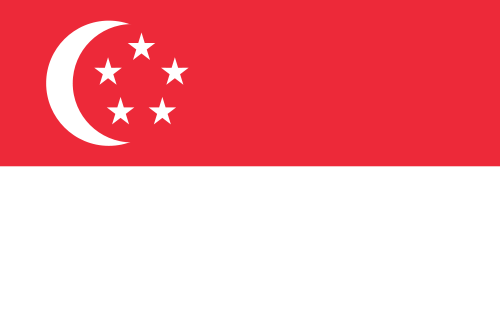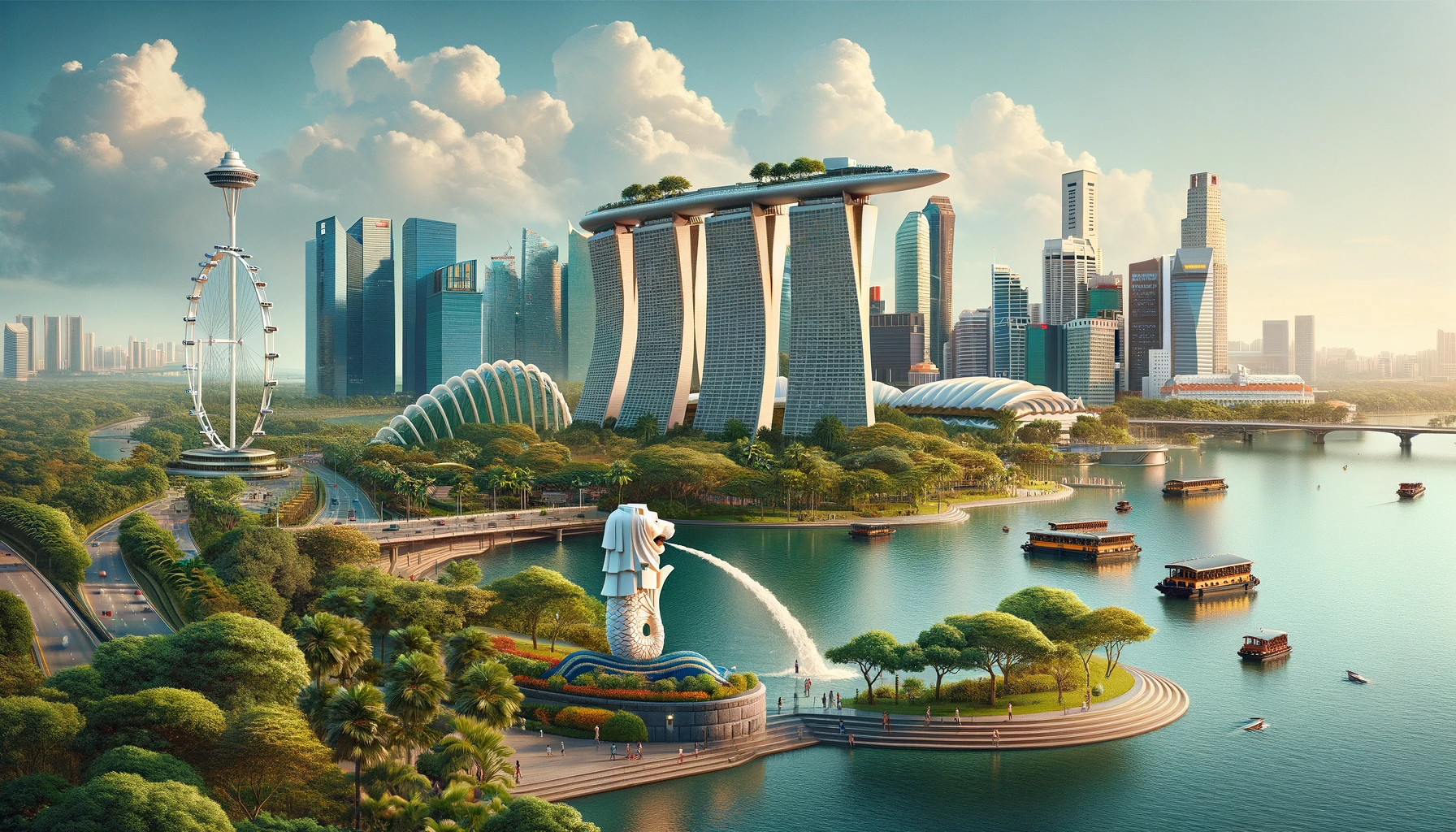Singapore is a dynamic, multi-cultural nation known for its rapid economic growth, strict governance, and vibrant cultural scene. From a small trading post to a global financial hub, it’s a story of remarkable transformation. The city-state continues to evolve, balancing growth with sustainability, and tradition with innovation, as it navigates the complexities of the 21st century.
List of National and Public holidays in Singapore, Asia for the year 2025
- New Year’s Day is on Wednesday, January 1st.
- Chinese New Year is on Wednesday, January 29th.
- Chinese New Year Holiday is on Thursday, January 30th.
- Hari Raya Puasa is on Monday, March 31st.
- Good Friday is on Friday, April 18th.
- Labour Day is on Thursday, May 1st.
- Vesak Day is on Monday, May 12th.
- Hari Raya Haji is on Saturday, June 7th.
- National Day is on Saturday, August 9th.
- Deepavali is on Monday, October 20th.
- Christmas Day is on Thursday, December 25th.
List of National and Public holidays in Singapore, Asia for the year 2024
- New Year’s Day: Monday, 1 January 2024
- Chinese New Year: Saturday, 10 February 2024 and Sunday, 11 February 2024
(Monday, 12 February 2024, will be a public holiday.) - Good Friday: Friday, 29 March 2024
- Hari Raya Puasa: Wednesday, 10 April 2024
- Labour Day: Wednesday, 1 May 2024
- Vesak Day: Wednesday, 22 May 2024
- Hari Raya Haji: Monday, 17 June 2024
- National Day: Friday, 9 August 2024
- Deepavali: Thursday, 31 October 2024
- Christmas Day: Wednesday, 25 December 2024
Important facts about Singapore

History
- Early History: Known as Temasek during the early centuries, it was a fishing village inhabited by indigenous Orang Laut people and later part of various regional empires.
- Colonial Era: In 1819, Sir Stamford Raffles established a British trading post on the island, marking the beginning of its modern history and transformation into a major port.
- World War II: Singapore fell to Japanese forces in 1942, suffering under occupation until 1945.
- Path to Independence: Post-war, it moved towards self-governance and briefly joined Malaysia in 1963, but separated to become an independent republic on 9th August 1965.
Geography
- Location: Singapore is located at the southern tip of the Malay Peninsula, about 137 kilometers north of the equator.
- Islands: It consists of one main island (Pulau Ujong) and over 60 smaller islets.
- Urban Planning: Known for its rigorous urban planning, it’s a city-state with extensive green spaces despite its dense population.
Culture
- Ethnic Diversity: A melting pot of cultures, primarily Chinese (majority), Malay, Indian, and Eurasian communities, each contributing to the city’s diverse fabric.
- Languages: Four official languages: English (language of administration), Mandarin, Malay, and Tamil.
- Religions: A secular state with religious freedom; Buddhism, Christianity, Islam, Taoism, and Hinduism are widely practiced.
- Festivals and Cuisine: Celebrates a variety of festivals like Chinese New Year, Deepavali, Hari Raya, and Christmas. Its cuisine is a delicious blend, with dishes like Hainanese chicken rice, laksa, and satay.
Economy
- Growth: Transformed from a colonial trading post into a wealthy, high-income economy within decades.
- Industries: Key sectors include electronics, petrochemicals, finance, and biotechnology. It’s a major global business hub with one of the busiest ports in the world.
- Innovation: Recognized for its innovative and competitive business environment, it continually invests in R&D and education to maintain its economic edge.
Politics
- Government: A parliamentary republic with a president as the head of state and a prime minister as the head of government.
- Legal System: Known for its strict laws and low crime rates, contributing to its reputation as one of the safest cities globally.
- International Relations: Despite its size, Singapore plays a significant role in ASEAN, the Commonwealth, and the United Nations, advocating for free trade and regional stability.
Society
- Population: A small but densely populated country with a population of about 5.7 million.
- Education: Has a highly regarded education system, focusing on meritocracy and high performance.
- Healthcare: Known for its efficient and comprehensive healthcare system, regularly ranked among the best in the world.
- Social Policies: Implements various social policies to manage ethnic harmony, housing, and public behavior.
Science and Technology
- Research and Development: Invests heavily in R&D across sectors like biomedical sciences, clean technology, and digital media.
- Smart Nation Initiative: Aims to be a leading economy powered by digital innovation, focusing on areas like health tech, fintech, and urban solutions.
Arts and Literature
- Cultural Blend: Its arts scene reflects its multicultural heritage, with vibrant theatre, dance, music, and literary works.
- Infrastructure: Hosts iconic structures like the Esplanade, ArtScience Museum, and National Gallery Singapore, promoting local and international arts.
Sports
- Popular Sports: Includes badminton, football, basketball, and swimming. Singapore also hosts the annual Formula One Singapore Grand Prix.
- Facilities: Offers world-class sports facilities, including the Singapore Sports Hub and various community clubs and complexes.
International Relations
- Diplomacy: Maintains diplomatic relations with countries globally, emphasizing sovereignty, security, and economic interests.
- Trade Agreements: Active in establishing free trade agreements, making it one of the most open economies for international trade and investment.
Challenges and Prospects
- Aging Population: Faces challenges related to an aging population, requiring adjustments in healthcare, workforce, and social services.
- Sustainability: Actively pursuing sustainable development and green initiatives to combat urban and environmental challenges.
- Innovation: Continuously focusing on innovation and technology to maintain its competitive edge in the global economy.

